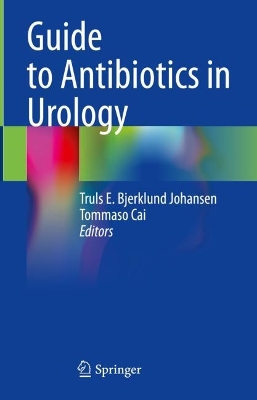African Traditional Medicine: Autonomy and Informed Consent
 -15%
portes grátis
-15%
portes grátis
African Traditional Medicine: Autonomy and Informed Consent
Ikechukwu Osuji, Peter
Springer International Publishing AG
09/2016
206
Mole
Inglês
9783319380094
15 a 20 dias
454













